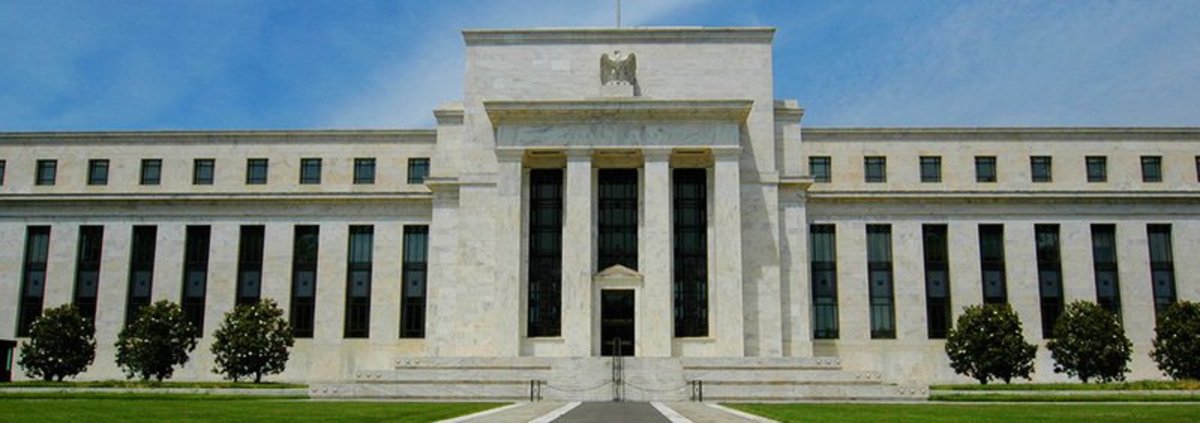
On the Nasdaq website, Martin Tillier asks, “Could Bitcoin Destroy the Global Banking System?
”Tillier imagines a possible “Kodak moment” for the whole banking industry. In the early days of mobile phones, only a few enthusiasts dared to imagine that camera-equipped phones could ever threaten established camera manufacturers, but Kodak was forced to declare bankruptcy only a few years later, in 2012.Tillier’s answer is that yes, Bitcoin could seriously hurt the banking system. The reason is very simple:“Banks are so used to taking a cut every time money changes hands that they cannot imagine life without that particular revenue stream.
”Transaction fees are only a small part of banks’ revenue, and therefore banks could survive without that particular revenue stream. But they would be seriously annoyed:“[Transaction revenue] is some of the only money that banks make that has zero associated risk and very little associated cost,” notes Tillier. “There is no risk, and hardly any cost, in charging you $30 to receive a wire transfer, especially when the bank takes three days of interest on that money by delaying payment to you. If that revenue is removed or even seriously reduced, it will have to be replaced, meaning that a higher proportion of bank revenue will be coming from increasingly risky loans or trading.
”The unique advantage of the blockchain technology behind Bitcoin is that it permits faster, cheaper, and transparent transactions. Every bitcoin transaction is permanently recorded in the tamper-proof public blockchain, which is maintained by Bitcoin users at zero cost to the banks. The fact that we can transfer bitcoin instantly (in a few seconds, or a few minutes waiting for the transaction to be confirmed by the network) to the other side of the planet, at a very low cost, shows that traditional banking fees are obsolete legacy practices that must be abandoned. Innovative Bitcoin “banks” such as Circle (which is not technically a bank, but plays an equivalent role for its clients) are doing just that, and beginning to offer cheap and fast money transfers.“[Bitcoin] may well be a threat to the easy money that banks currently take from you and me, but that doesn’t pose an existential threat to the system,” concludes Tillier. “The banks’ reaction to a reduction in that easy money, on the other hand, could be a different story.
”Of course, the banks won’t give up their easy money without a fight. Barclays’ CEO Antony Jenkins recently discussed the growing concern among financial institutions that faster, cheaper payment systems will start to seduce their consumer and business customers in the coming years.In a recent report titled “Digital Disruption – UK Banking Report,” the British Banking Association argues that Bitcoin is a threat to the banking industry.
“As digital and cryptocurrencies gain traction, the threat to banks' free-income streams will grow,” notes the report. “Banks must invest time and energy in understanding how best to use the technology behind principles like bitcoin, before other players step in to make that decision for them.”Of course, banks can (and do) also lobby to make digital cryptocurrency illegal, but the United Kingdom and other governments recently have expressed open-minded positions in the interest of common good. Meanwhile, forward-looking banks such as German Fidor Bank are integrating Bitcoin with their consumer banking operations.
The term “threats” frequently occurs in official reports related to the emerging digital economy. In a recent discussion paper, the Australian government mentions bitcoin and digital currencies as potential threats to tax collection.
“New ways of transacting, including cryptocurrencies such as bitcoin, were not contemplated when the current tax system was designed,” notes the report. “These developments make determining the appropriate tax outcome for a particular company in a specific country difficult and raise concerns about the ability of companies to relocate profits to minimize their tax.
”Other governments are less scared of Bitcoin as a threat to taxation, probably because they are confident in their ability to de-anonymize bitcoin transactions and trace them back to their originators. In the United States, there have been proposals to gradually introduce tax payments in Bitcoin, which would constitute a quite radical shift from early libertarian perceptions of Bitcoin as a financial privacy tool.
Photo via stantontcady / CC BY-ND 2.0









